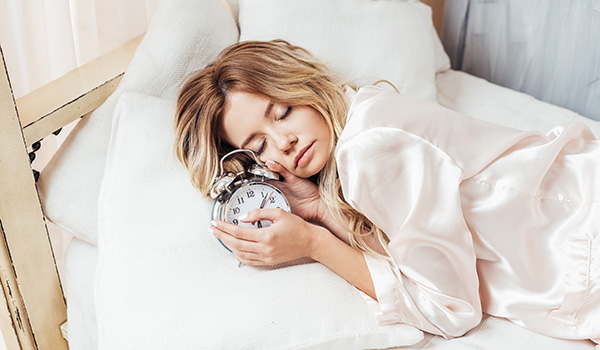
Sleep is well-known for its importance to our physical and mental well-being. Despite the significance of sleep, and sleeping better at night, a disturbing amount of people are consistently deprived of good sleep and feel drowsy during the day.
Though there are many different reasons and types of sleeping disorders, experts agree that there are a few basic methods that might help you get more restful sleep. The Centers for Disease Control and Prevention, the National Institutes of Health, the National Institute on Aging, and the American Academy of Family Physicians all recommend the same basic sleep practices.
Getting a better night’s sleep is not always easy. Trying to adopt all of these tactics might be daunting for many people. But keep in mind that it’s not a one-size-fits-all approach; you may start small and work your way up to healthy sleep habits, commonly known as sleep hygiene.
Limit your intake of alcohol and caffeine.
Sleeping better at night is a goal almost all of us have. If you do have a snack before night, it should not include alcohol or chocolate. Caffeine, a stimulant, is found in chocolate. Alcohol, surprisingly, has a similar impact. It makes you feel tired, but it’s actually a stimulant that keeps you up at night. Avoid foods that are acidic (such as citrus fruits and liquids) or spicy, as they might cause heartburn.
For Back Pain, Use a Leg Pillow
Although the discomfort in your lower back may not be severe enough to wake you awake, it can disrupt the deep, restorative periods of sleep. Place a cushion between your legs to better align your hips and reduce tension on your lower back.
Bedroom happiness is achieved via peace and quiet.
74% of Americans believe that silence is essential for having a good night’s sleep. Many individuals, however, use “white noise” or some other sort of ambient sound to conceal distracting noises such as automobile horns or highway traffic. You may also use a fan (which will help keep your room cool), listen to one of the numerous relaxing sleepcasts or listen to sleep music from the Headspace app’s Sleep experience. Sleepcasts are 45-minute audio programs that might help you relax and sleep better. Sign up and start using the Headspace app to help create an atmosphere that is favorable for a good night’s sleep.
Decide on the ideal bedding (and sleeping posture) for you.
Getting a better night’s sleep requires a comfy mattress and pillows, but whether they’re soft or hard is entirely up to you. Your favorite sleeping position may influence the pillow you select. If you sleep on your side (as the majority of people do), your pillow should support your head, neck, and ear, as well as your shoulder. To reduce neck tension, those who sleep on their backs might try using a thinner pillow.
There are many other tips and tricks that you can try as well for sleeping better at night. In the end, though, it all comes down to personal preference. Do what makes you feel comfortable and secure. If you like light on, turn on a light, if you like white noise try that too. Everybody’s different.
How are you sleeping better at night?

